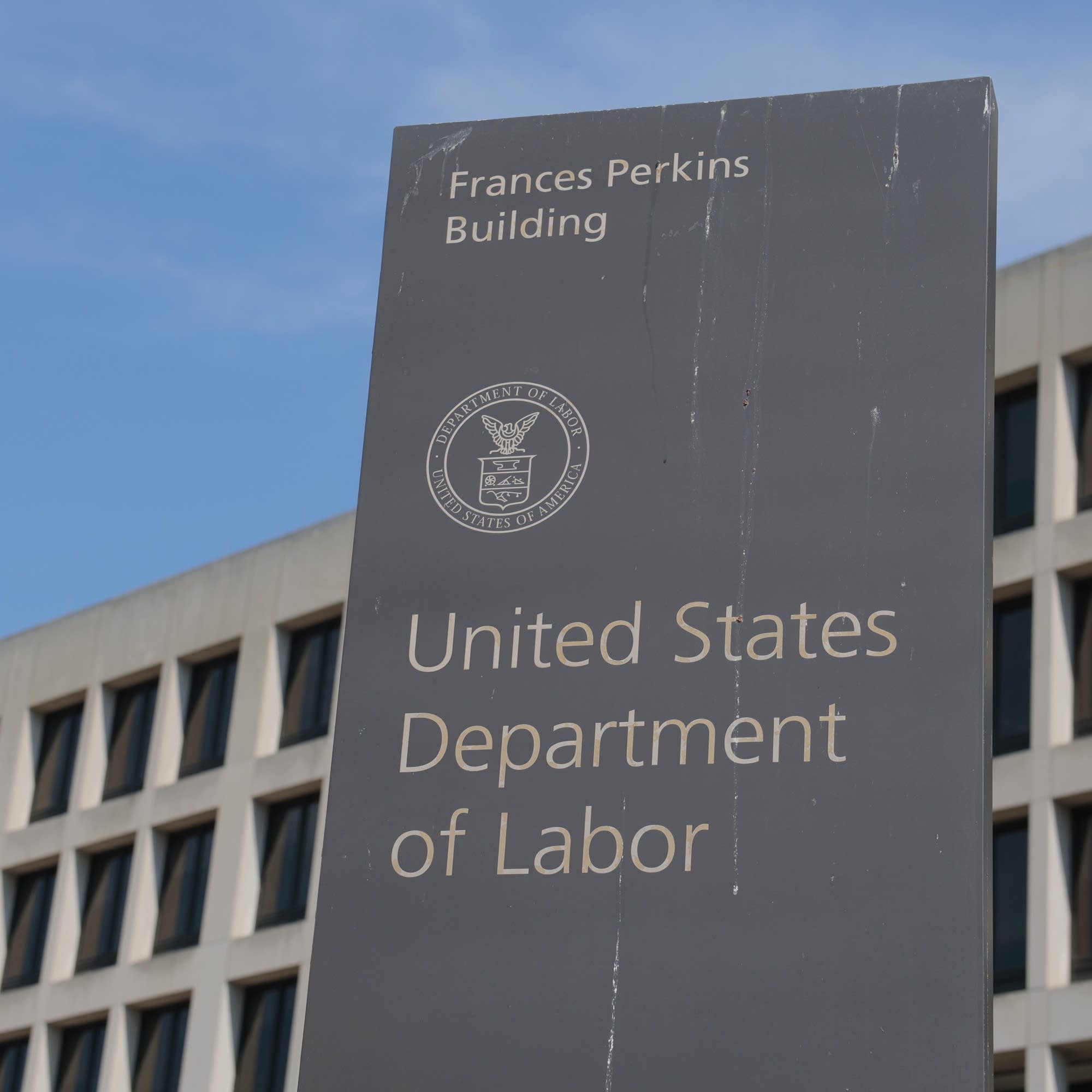No, private data can't replace the BLS
As the Trump administration strips away federal data collection agencies' funding and pressures statisticians to produce positive reports, we might wonder whether private data can fill in the gaps. Unfortunately, while statistics reported by the private sector have a place in our economic understanding, they're not necessarily comprehensive, transparent, or free. Also in this episode: EVs see record sales ahead of tax credit end date, Chinese AI firms meet at a conference in Shanghai, and regional Feds give tariff uncertainty updates.
Every story has an economic angle. Want some in your inbox? Subscribe to our daily or weekly newsletter.
Marketplace is more than a radio show. Check out our original reporting and financial literacy content at marketplace.org — and consider making an investment in our future.
Press play and read along
Transcript
Transcript is processing—check back soon.





